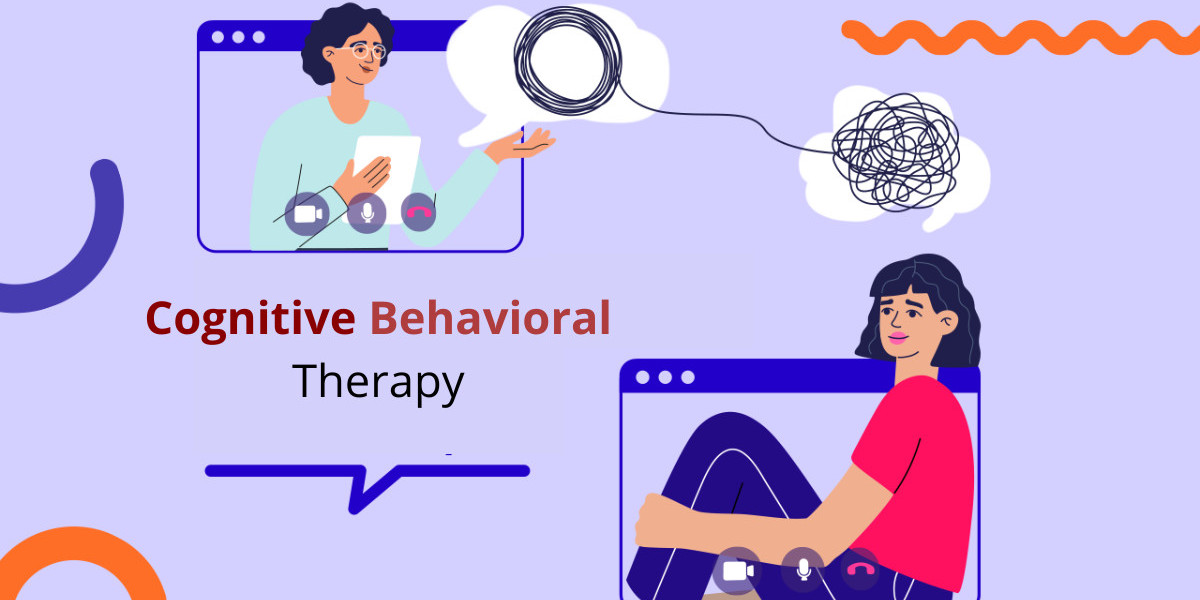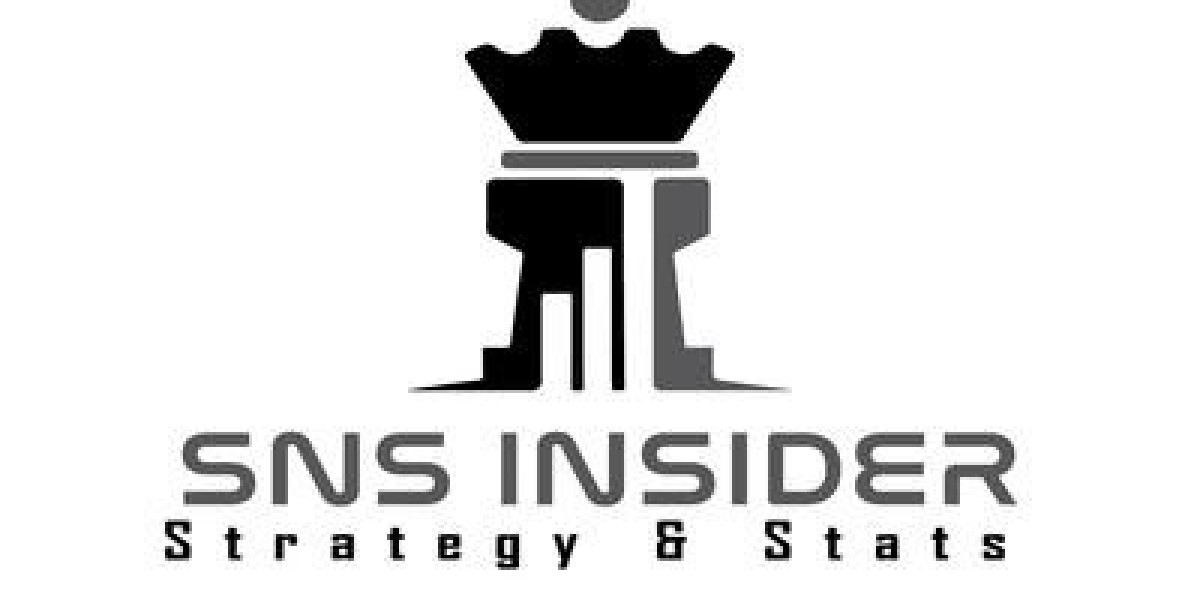Cognitive therapy and cognitive behavioral therapy (CBT) are two approaches widely used in the field of mental health to help individuals overcome various psychological challenges. These therapies are rooted in the belief that our thoughts, emotions, and behaviors are interconnected, and by changing one aspect, we can positively influence the others. In this article, we will delve into the intricacies of cognitive and cognitive behavioral therapies, exploring their principles, techniques, and effectiveness in treating different mental health conditions.
What is Cognitive Therapy?
Cognitive therapy, developed by Aaron T. Beck in the 1960s, focuses on identifying and challenging negative thought patterns that contribute to emotional distress and behavioral problems. The fundamental principle of Cognitive And Cognitive Behavioral Therapy is that our thoughts influence our feelings and behaviors. By recognizing and altering distorted or irrational thoughts, individuals can alleviate symptoms of depression, anxiety, and other mental health disorders.
Key Principles of Cognitive Therapy
Cognitive Restructuring: This technique involves identifying negative thoughts, examining their validity, and replacing them with more realistic and balanced ones. By challenging irrational beliefs, individuals can develop a more positive outlook on life.
Behavioral Experiments: Cognitive therapy often incorporates behavioral experiments to test the validity of negative beliefs. Through real-life experiences, individuals can gather evidence that contradicts their distorted thoughts, leading to cognitive restructuring.
Homework Assignments: Therapists may assign homework exercises to reinforce learning and encourage individuals to practice new coping skills outside of therapy sessions. These assignments often involve keeping thought records, challenging negative beliefs, or engaging in behavioral experiments.
Understanding Cognitive Behavioral Therapy (CBT)
Cognitive behavioral therapy (CBT) is an evolution of cognitive therapy that integrates cognitive restructuring techniques with behavioral interventions. Developed by Aaron T. Beck and Albert Ellis in the 1950s and 1960s, CBT is based on the premise that changing maladaptive thoughts and behaviors can alleviate psychological symptoms and improve overall well-being.
Key Components of CBT
Cognitive Restructuring: Similar to cognitive therapy, CBT emphasizes the identification and modification of negative thought patterns. By challenging cognitive distortions and replacing them with more rational alternatives, individuals can experience significant improvements in mood and behavior.
Behavioral Activation: CBT incorporates behavioral activation techniques to encourage individuals to engage in enjoyable and meaningful activities. By increasing participation in positive behaviors, individuals can combat feelings of depression and lethargy.
Exposure Therapy: For individuals struggling with anxiety disorders, CBT often includes exposure therapy, where individuals gradually confront feared stimuli in a controlled manner. Through repeated exposure, individuals can reduce their anxiety response and regain a sense of control over their lives.
Applications of Cognitive and Cognitive Behavioral Therapy
Cognitive therapy and CBT have been extensively studied and proven effective in treating a wide range of mental health conditions, including:
- Depression
- Anxiety disorders (e.g., generalized anxiety disorder, social anxiety disorder, panic disorder)
- Obsessive-compulsive disorder (OCD)
- Post-traumatic stress disorder (PTSD)
- Eating disorders (e.g., bulimia nervosa, binge eating disorder)
- Substance use disorders
- Bipolar disorder
Effectiveness and Research Findings
Numerous studies have demonstrated the efficacy of cognitive and cognitive behavioral therapies in treating various mental health disorders. Meta-analyses and systematic reviews consistently show that CBT is as effective as, or sometimes more effective than, pharmacotherapy alone in alleviating symptoms and preventing relapse.
Conclusion
In conclusion, cognitive therapy and cognitive behavioral therapy are evidence-based approaches that empower individuals to overcome negative thought patterns and maladaptive behaviors. By addressing the underlying cognitive processes contributing to psychological distress, these therapies offer hope and healing to individuals struggling with mental health challenges.
Read More : https://mindfultms.in/cognitive-behavioral-therapy/








